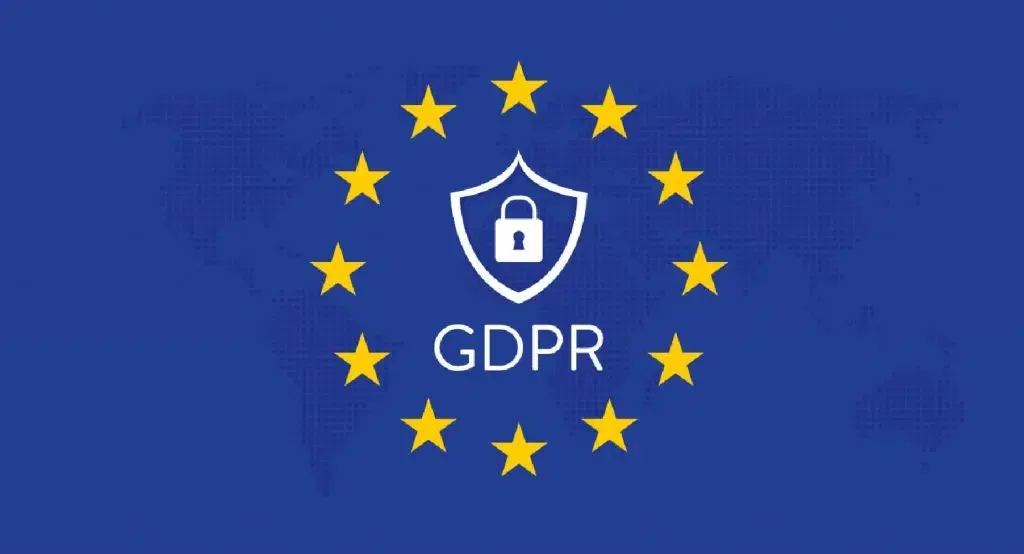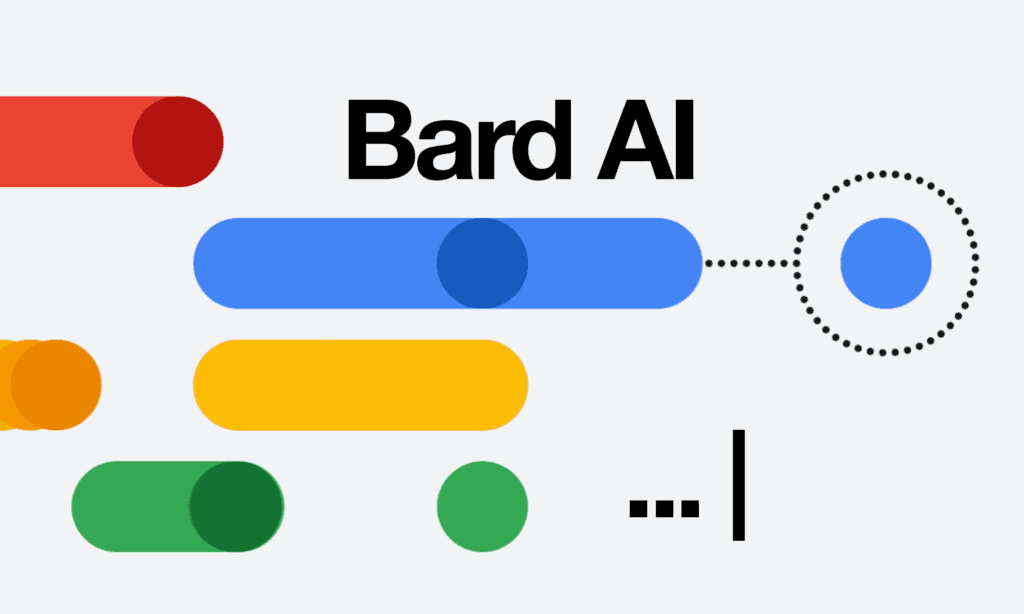Google’s recent announcement at its I/O developer conference unveiled a series of updates for its Bard AI service. Although the tech giant has expanded Bard’s availability to 180 countries, some regions are missing from the list. Specifically the European Union (EU) countries and Canada. Speculations suggest that strict privacy laws and concerns over AI’s potential for misuse could be the reasons behind this decision. This article dives deep into the factors that might be holding Google back from expanding Bard’s availability in these territories.
Google Bard: An Overview
Before diving into the reasons behind Google Bard’s limited availability, it’s essential to understand what Bard is and the services it offers. Google Bard is a generative AI developed by the tech giant to enhance user experiences across various Google products and services. Some of these services include Search, Workspace, Photos, and Android.
EU and Canada: Left Out in the Cold
With Bard being available in 180 countries, the absence of the EU and Canada is intriguing. The primary reason behind this could be the stringent privacy laws in these regions, particularly the EU’s General Data Protection Regulation (GDPR). Additionally, concerns about AI’s potential for misuse and harmful outcomes might also be influencing this decision.
GDPR: A Potential Roadblock

The GDPR is a comprehensive privacy law that gives individuals control over their personal data. It requires companies to obtain explicit consent before collecting or using such data. This regulation could make it difficult for Google to collect and use the data necessary to power Bard in the EU.
The relationship between GDPR and AI is a complex one, as AI systems often require vast amounts of data to function effectively. GDPR’s strict guidelines on data collection, storage, and usage could hinder the development and deployment of AI systems like Google Bard.
Google Bard: Concerns About AI Misuse
Another factor that could be holding Google back from deploying Bard in the EU and Canada is concerns about AI’s potential misuse. The European Commission has published a report on the risks and opportunities of AI. The report warns that AI can be used to manipulate people’s behavior, spread disinformation, or discriminate against certain groups.
As AI continue to advance, the need for ethical guidelines and regulations becomes more critical. The EU has been at the forefront of addressing these concerns, calling for rules surrounding general-purpose AI tools like Google Bard.
Google’s Path Forward: Addressing Concerns or Avoiding Them Altogether?

There are two possible scenarios for Google Bard’s future in the EU and Canada. There are two possibilities regarding Google’s approach. First, the company might be actively working to resolve these concerns before launching Bard in those regions. Second, it is also possible that Google has chosen not to offer Bard in those territories due to the challenges associated with it.
Adjusting to Privacy Laws and Ethical Concerns
Google could be working on finding ways to comply with GDPR and address ethical concerns surrounding AI. This could involve developing methods to obtain explicit user consent, ensuring data privacy, and creating guidelines to prevent AI misuse.
Precedents for Compliance
There are precedents for tech companies adapting their services to comply with regional regulations. For example, Apple introduced changes to its App Tracking Transparency feature in response to GDPR requirements. Google may follow a similar path to make Bard compliant with EU and Canadian privacy laws.
Avoiding the Challenges
On the other hand, Google could have decided not to offer Bard in the EU and Canada due to the challenges involved. This decision could be influenced by the difficulty of complying with GDPR, addressing ethical concerns, and navigating a complex regulatory environment.
Potential Consequences
If Google chooses not to offer Bard in the EU and Canada, this decision could have significant consequences. It could potentially lead to a loss of market share for Google in these regions and create an opportunity for competitors to fill the gap.
The Global AI Landscape: Challenges and Opportunities
The AI landscape is continually evolving, and Google Bard’s situation highlights the challenges that tech companies face when expanding their AI services globally. Balancing innovation with regulatory compliance and ethical considerations is an ongoing challenge for these companies.
Other AI Services Facing Similar Challenges
Google Bard is not the only AI service facing challenges related to privacy laws and ethical concerns. Other AI services, such as OpenAI’s GPT-3 and Amazon’s Alexa, have also faced scrutiny and criticism due to their potential for misuse and the challenges of ensuring data privacy.
Opportunities for Ethical AI Development
Despite the challenges, there are opportunities for companies to develop AI services that comply with privacy laws and adhere to ethical guidelines. By prioritizing data privacy and ethical considerations, tech companies can create AI services that offer enhanced user experiences without compromising on security and trust.
Public Perception: A Key Factor in AI Development
Public perception plays a crucial role in developing and deploying AI services like Google Bard. As AI technologies become more integrated into everyday life, users demand transparency, ethical guidelines, and trust in these services.
Transparency is essential for building trust between tech companies and their users. Companies need to be open about how their AI systems work, the data they collect, and the measures they have in place to protect user privacy.
The Role of Ethical Guidelines
Ethical guidelines are necessary to ensure that AI systems are developed and deployed responsibly. These guidelines should address data privacy, AI misuse, and potential biases in AI algorithms.

To build trust in AI services, tech companies must prioritize transparency and adhere to ethical guidelines. By doing so, they can create AI services that users feel confident using and that comply with regional regulations.
The Future of Google Bard in the EU and Canada: An Uncertain Path
The future of Google Bard in the EU and Canada remains uncertain. Google could be actively addressing the concerns and challenges related to privacy laws and ethical considerations. However, there is also the possibility that the company has made a decision not to offer Bard in these regions.
A Watchful Eye
Privacy advocates and AI experts will closely watch Google’s next moves regarding Bard’s availability in the EU and Canada. Their decisions could have far-reaching implications for the broader AI landscape and the future of AI development and deployment.
Conclusion
Google Bard’s limited availability in the EU and Canada highlights the challenges tech companies face when expanding their AI services globally. Balancing innovation with regulatory compliance and ethical considerations is an ongoing challenge. Tech companies can create AI services that provide improved user experiences without compromising security and trust.
They can achieve this by prioritizing data privacy and following ethical guidelines. The future of Google Bard in the EU and Canada remains uncertain. The decisions made by the tech giant will likely have significant implications for the broader AI landscape.





